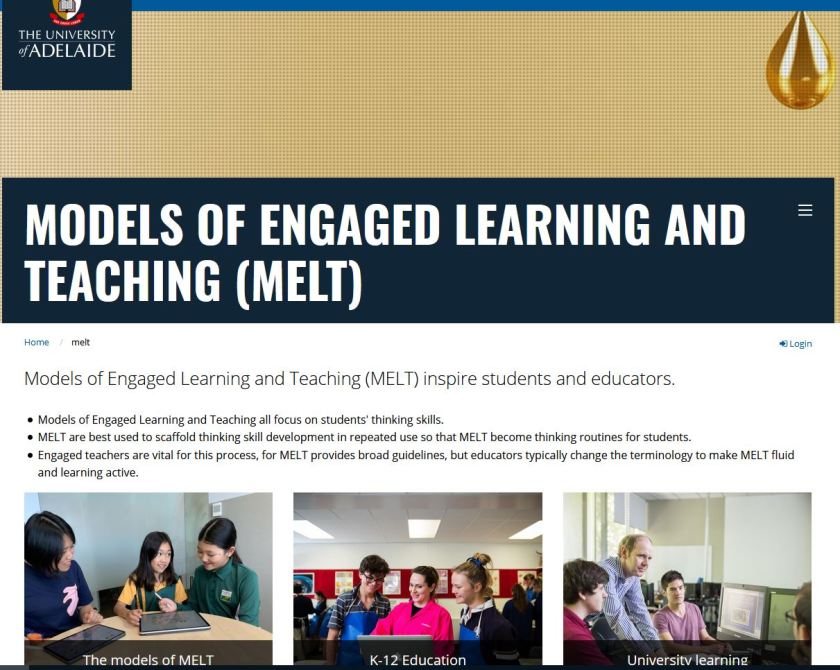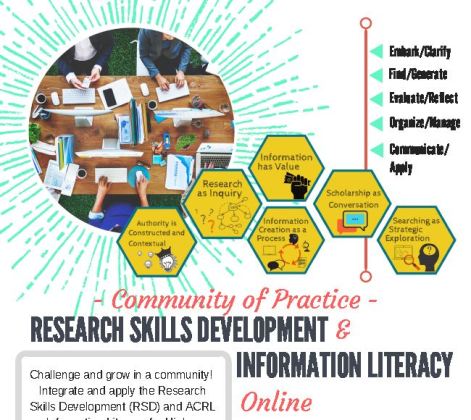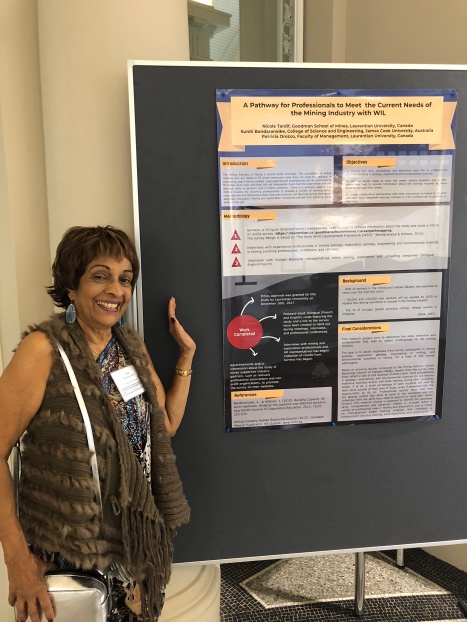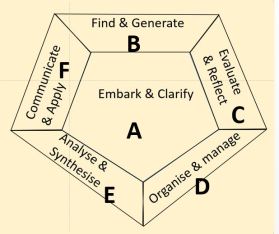BMC Medical Education published this article just now, co-authored with 6 fantastic Masters students and Dr Fizza Sabir

The article acknowledges the work fantastic done by Sophie Karanicolas, Cathy Snelling and Clinton Kempster in their innovative use of the RSD in their degree.
This work resulted in amazing graduates who were interviewed one year after the degree, when employed. A striking feature is how passionate the graduates are about the skills that they developed in the degree and then used with patients.
This is the first article on the RSD work that richly unearths the affective domain of attitudes, values and emotions, and shows the intimate connections to the more cogntive aspects of learning and work.
Blooms Taxonomy of the Cognitive Domain is famous, but the Affective Domain is not so well known, yet Bloom’s separation of cognitive and affective domains has had a powerful and pervasive influence across education.
Yet Krathwohl, Bloom and Masia (1964) noted, ‘the fact that we attempt to analyse the affective area separately from the cognitive is not intended to suggest that there is a fundamental separation. There is none.’
This article highlights the intimate connections of cognitive and affective domains, as well as of university learning and skills used in workplaces.
While the role of emotions, values and attitudes in learning is hard to deny, the question remains about how to effectively deal with the affective domain to maximise learning. What do you think and what do you do?



